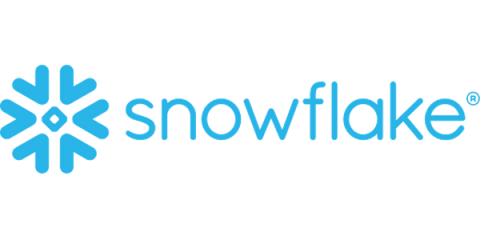How Data Exchanges Enable Secure Data Collaboration
In a global economy, real-time data analysis is closely related to business success. Without data-driven insights, organizations find it challenging to remain competitive, improve company performance, and deliver strong user experiences, regardless of their industry. To match the pace of business, companies require transparent, data-driven relationships.






